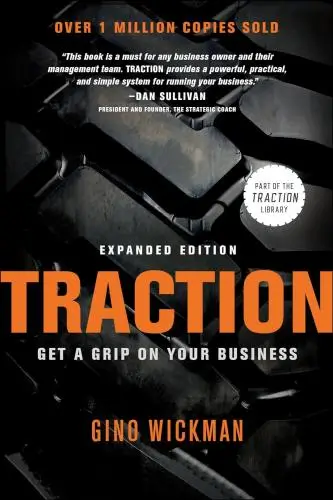The Richest Man in Babylon
What is The Richest Man in Babylon about?
The Richest Man in Babylon is a timeless classic that offers practical financial advice through a collection of parables set in ancient Babylon. It emphasizes the importance of saving, investing, and budgeting, with simple yet powerful lessons that are still relevant today. Readers will learn the secrets to building wealth and achieving financial success through the stories of Arkad, the richest man in Babylon, and his principles of money management. This book is a must-read for anyone looking to improve their financial literacy and secure their financial future.
About the Author
George S. Clason was a writer known for his classic book "The Richest Man in Babylon," which offers timeless financial advice through a collection of parables set in ancient Babylon. His writing style is straightforward and accessible, making complex financial principles easy to understand. Clason's work emphasizes the importance of saving, investing, and living within one's means, and his timeless wisdom continues to inspire readers seeking to achieve financial success.
10 Key Ideas of The Richest Man in Babylon
Save At Least 10% of Your Income
Automatically save a minimum of 10% of every paycheck you receive. This practice ensures that you are consistently building your wealth over time. The reasoning behind this tactic is to prioritize your future financial well-being by paying yourself first, before any other expenses. This disciplined approach to saving can lead to significant wealth accumulation, especially when combined with wise investments.
Learn DeeperSet up an automatic transfer from your checking account to a savings or investment account every payday. This ensures the 10% savings rule is followed without needing to remember to manually transfer the funds.
Before making any discretionary purchases, always check if you've saved your 10% for that pay period. If not, prioritize your savings over the purchase. This habit reinforces the discipline of paying yourself first and living within the remaining 90% of your income.
- Example
Imagine you receive a monthly paycheck of $3,000. Before you pay bills or spend on entertainment, you automatically transfer $300 (10% of $3,000) into a separate savings account. Over time, this account grows, not just from your contributions, but also from interest or investment returns.
- Example
Let's say you get an unexpected bonus of $1,000 at work. Instead of spending it immediately, you apply the 10% rule and save $100 of it. This extra savings boosts your financial cushion and contributes to your long-term wealth accumulation.
Control Your Expenditures
Create and stick to a budget that allows for your essential expenses, while also ensuring you can save and invest part of your income. The key is to differentiate between what you need and what you want, minimizing unnecessary spending. This tactic is crucial because it prevents lifestyle inflation and ensures that increasing your income leads to increased savings, not just increased spending.
Learn DeeperTrack Your Spending: For one month, record every purchase you make, no matter how small. This will give you a clear picture of where your money is going and help identify areas where you can cut back.
Create a Budget: Based on your tracking, categorize your spending into essentials (rent, utilities, groceries) and non-essentials (dining out, entertainment). Allocate a specific amount to each category and stick to it. Prioritize saving by setting aside a portion of your income (e.g., 10%) before allocating funds to other expenses.
Use the Envelope System: For variable expenses like groceries and entertainment, withdraw the budgeted amount in cash at the beginning of the month and place it in labeled envelopes. Once the cash in an envelope is gone, that's it for the month. This physically limits your spending and makes you more mindful of your purchases.
Review and Adjust Regularly: At the end of each month, review your spending against your budget. Identify any categories where you consistently overspend and adjust your budget or your habits accordingly. Celebrate small victories to stay motivated.
- Example
After tracking her spending, Sarah realizes she spends $200 a month on coffee shop visits. She decides to invest in a quality coffee maker and reduce her coffee shop visits to once a week, saving her over $100 a month.
- Example
John notices he's spending a lot on dining out. He challenges himself to cook at home during weekdays, allocating the money saved towards his savings goal. He not only saves money but also discovers a passion for cooking.
Invest Wisely
Put your saved money into investments that will generate more income. Focus on options that offer a balance of risk and return, suitable to your financial goals and risk tolerance. The rationale is that merely saving money isn't enough; to truly build wealth, you must make your money work for you through investments that yield returns or provide passive income.
Learn DeeperStart by setting aside a portion of your income regularly for investments, no matter how small. This could be as simple as dedicating 10% of your monthly earnings into a separate savings or investment account.
Educate yourself on different types of investments such as stocks, bonds, mutual funds, or real estate, and understand the risks and returns associated with each. Online courses, financial blogs, and books are great resources.
Consult with a financial advisor to tailor an investment plan that matches your risk tolerance and financial goals. They can help you navigate complex investment options and tax implications.
Consider low-cost index funds for a start. They are known for being a passive and diversified way to invest in the stock market, which can be less risky than picking individual stocks.
Reinvest dividends or earnings from your investments to compound your returns over time. This means using any money you make from your investments to buy more, increasing your potential for growth.
- Example
If you're earning $3,000 a month, you decide to automatically transfer $300 (10%) into a separate investment account each month. Over time, this disciplined approach can build a substantial amount for investment.
- Example
After doing some research and talking to a financial advisor, you choose to invest in a mix of a low-cost index fund and a real estate investment trust (REIT). The index fund gives you exposure to the broader stock market, while the REIT allows you to benefit from the real estate market without having to buy property directly.
Guard Your Wealth from Loss
Ensure that your principal investment is secure by only investing in ventures where the risk of loss is minimal. Seek advice from those experienced in the area you're considering investing in. This tactic emphasizes the importance of preserving capital by avoiding high-risk investments without potential for proportional rewards, thus protecting your wealth from significant losses.
Learn DeeperBefore making any investment, conduct thorough research or due diligence to understand the venture's fundamentals and the market it operates in. This can include reading financial reports, understanding the business model, and analyzing market trends.
Consult with a financial advisor or someone who has a successful track record in the specific area you're interested in investing. Their experience can provide valuable insights into potential pitfalls and the viability of the investment.
Diversify your investments to spread risk. Instead of putting all your capital into one venture, distribute it across different assets or sectors. This way, if one investment performs poorly, the others may offset the loss.
Regularly review and assess your investment portfolio. Stay informed about how your investments are performing and make adjustments as needed to minimize losses and capitalize on gains.
- Example
If considering investing in stocks, instead of picking individual stocks based on a hunch, use a diversified index fund or ETF (Exchange-Traded Fund) that tracks a broad market index. This reduces the risk of significant loss due to the poor performance of a single company.
- Example
Before investing in real estate, seek advice from a seasoned real estate investor or a real estate investment group. They can provide insights on property valuation, rental market conditions, and potential maintenance costs, helping you make a more informed decision.
Deeper knowledge. Personal growth. Unlocked.
Unlock this book's key ideas and 100+ more. Learn with quick, impactful summaries.
Read Full SummarySign up and read for free!
The Richest Man in Babylon Summary: Common Questions
Experience Personalized Book Summaries, Today!
Discover a new way to gain knowledge, and save time.
Sign up for our 7-day trial now.
No Credit Card Needed

Similar Books

The Purpose Driven Life
Rick Warren
Eat, Pray, Love
Elizabeth Gilbert
The Power of Intention
Wayne Dyer
The Secret
Rhonda Byrne
As a Man Thinketh
James Allen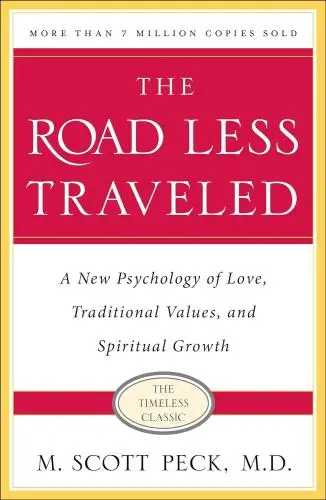
The Road Less Traveled
M. Scott Peck
The Alchemist
Paulo Coelho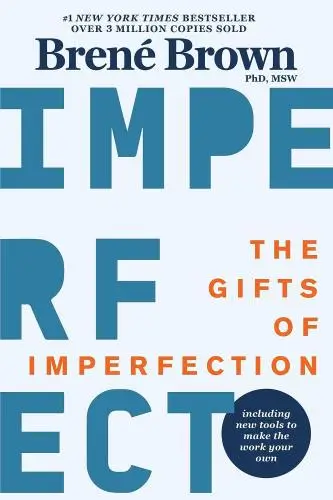
The Gifts of Imperfection
Brené Brown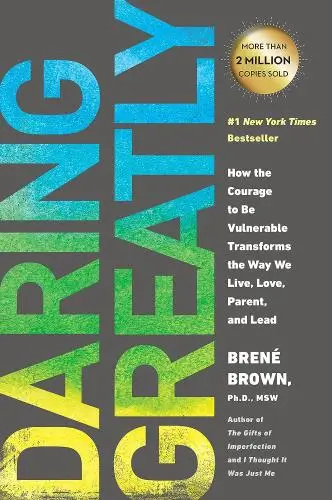
Daring Greatly
Brené Brown
The Power of Now
Eckhart Tolle
The Four Agreements
Don Miguel Ruiz
Wherever You Go, There You Are
Jon Kabat-ZinnTrending Summaries

Peak
Anders Ericsson
Never Split the Difference
Chris Voss
Smart Brevity
Jim VandeHei
The Psychology of Money
Morgan Housel
The First 90 Days
Michael D. Watkins
Atomic Habits
James Clear
Thinking, Fast and Slow
Daniel Kahneman
The Body Keeps the Score
Bessel van der Kolk M.D.
The Power of Regret
Daniel H. Pink
The Compound Effect
Darren Hardy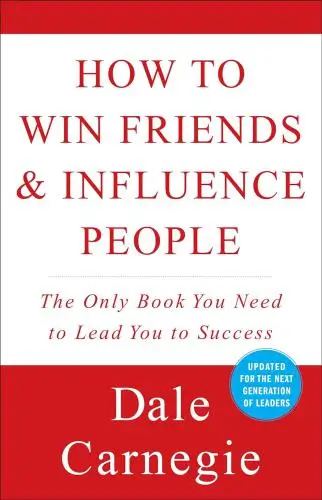
How to Win Friends & Influence People
Dale Carnegie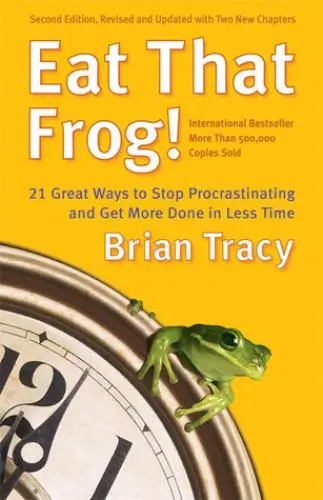
Eat That Frog!
Brian Tracy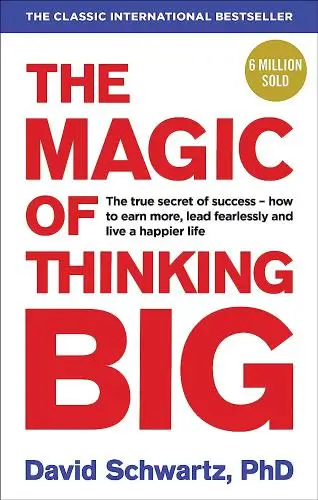
The Magic of Thinking Big
David J. Schwartz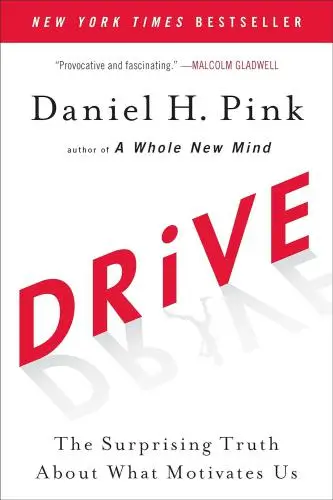
Drive
Daniel H. Pink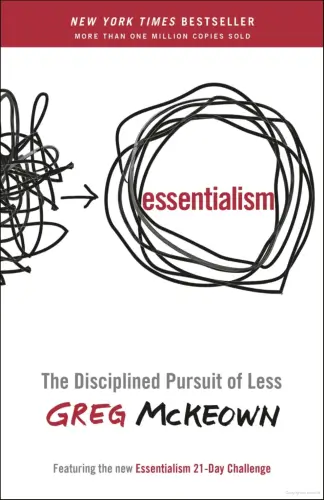
Essentialism
Greg McKeownNew Books

The Millionaire Fastlane
MJ DeMarco
Losing My Virginity
Richard Branson
Venture Deals
Brad Feld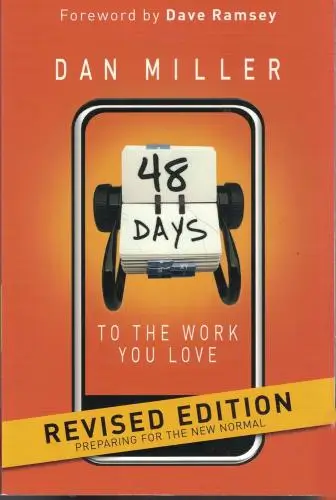
48 Days to the Work You Love
Dan Miller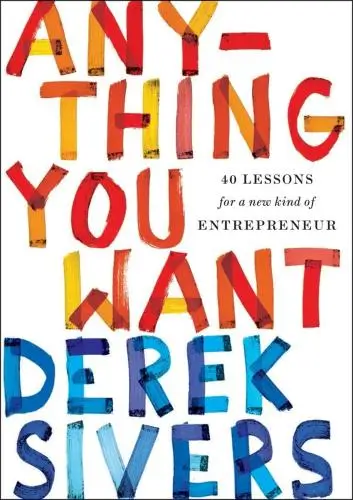
Anything You Want
Derek Sivers
Running Lean
Ash Maurya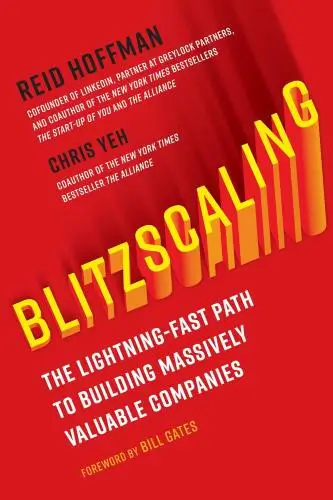
Blitzscaling
Reid Hoffman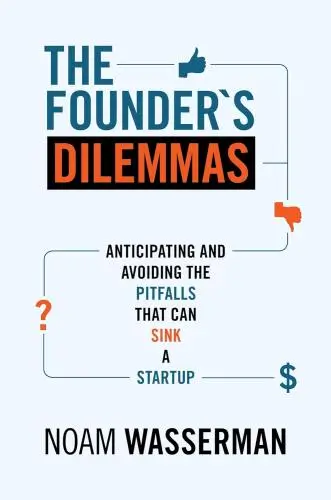
The Founder's Dilemmas
Noam Wasserman
Founders at Work
Jessica Livingston
The Startup Owner's Manual
Steve Blank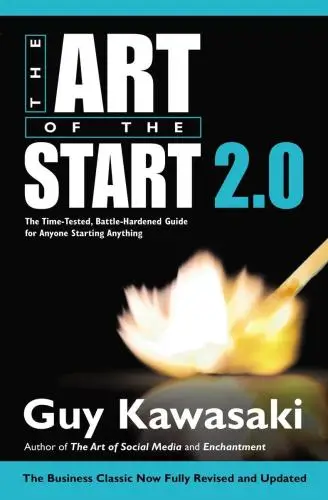
The Art of the Start 2.0
Guy Kawasaki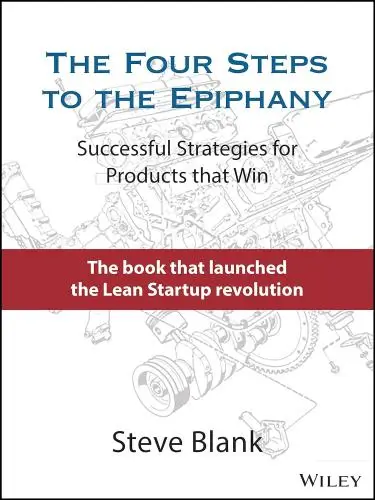
The Four Steps to the Epiphany
Steve Blank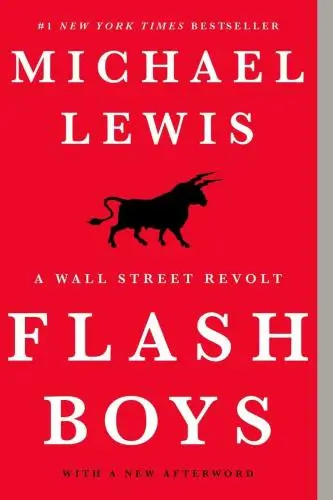
Flash Boys
Michael Lewis
Crush It!
Gary Vaynerchuk